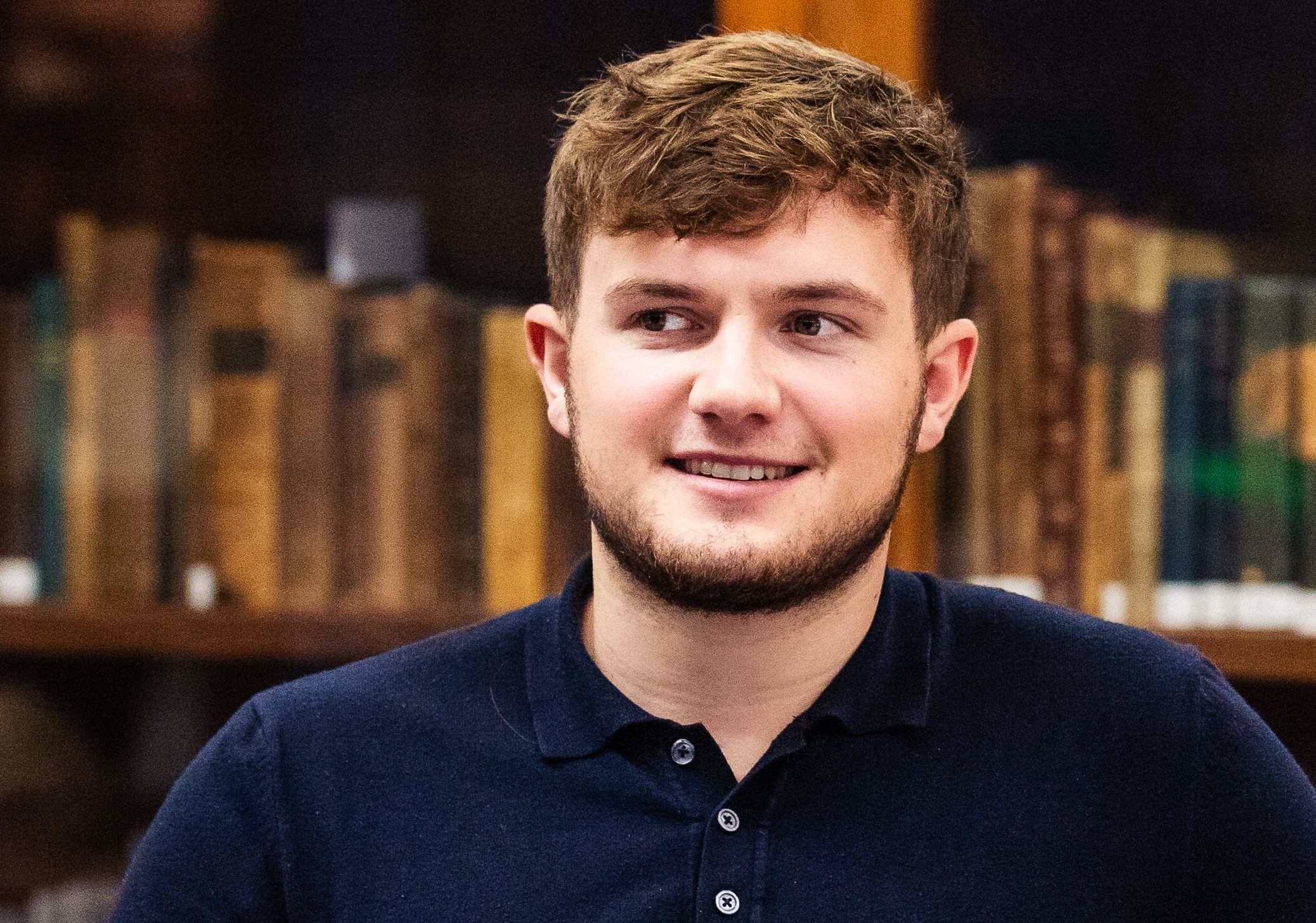
If we asked you what the fastest route to growth was, what would you say? Taking opportunities? Surrounding ourselves with the right people? Setting and reaching clear goals? These are all impactful and have their place in the workplace. Reuben Fletcher-Louis suggests the single-most overlooked and quickest route to growth is making mistakes and learning from them. Read on to find out more.
Whether it’s through feedback conversations or reflecting on our own work, making mistakes and learning from them is crucial for growth and development. So, why does our psychology and workplace push so hard to prevent this? Why don’t we want to make mistakes, and when we do, what stops us from learning from them?
The many things that prevent us from making mistakes can broadly be placed in two categories. The first are parameters that prevent risk-taking and experimentation. These are things like a rigid delegation style or a culture that likes to stick to a process. The second are mindset factors like a lack of curiosity or a lack of psychological safety (the belief that one will not be punished or humiliated for speaking up with ideas, questions, concerns, or mistakes).
So, the first half of the equation means teams should be encouraged to try new things, giving them autonomy to do things their own way. Then, curating a culture where people feel safe to make mistakes, speak up about them, and learn from them. If organisations get this right, as a byproduct of bright ideas, innovative approaches, and an environment people enjoy working in, there will be a plethora of mistakes! Then, it will be time to learn from them.
Unfortunately, we are often fighting our emotions or our ego. Fighting our emotions can lead to avoidant behaviours and inhibited motivation. Research has shown that those who fear failure and experience self-doubt and shame tend to avoid challenges or use self-handicapping to impose obstacles designed to protect self-esteem in the case of future mistakes.In simple terms, when we feel bad about a mistake, we often prefer to avoid those emotions by ignoring them rather than overcoming them head-on. Our ego presents an entirely different obstacle; rather than facing negative, demotivating emotions, we protect our self-esteem by absolving ourselves of responsibility or placing blame elsewhere.
Even when feedback is available, our ego can get in the way of learning. Research shows that when people fear a blow to their self-image, they tend to select feedback that downplays or masks negative information, preferring vague or less direct cues over clear, critical ones. This self-protective filtering means we might walk away from mistakes none the wiser, not because the lesson wasn’t there, but because we subconsciously chose not to see it.
Abandoning — or, more realistically, managing — our ego to learn from mistakes requires conscious, practical steps that start with self-awareness and go beyond.
To overcome the impact on our self-esteem, we need to recognise that a mistake has been made and is now in the past. Choosing to learn from a mistake, rather than attaching negative emotions or making it about our ego, is the best way to build our self-esteem. We must recognise when our ego is distorting our view and ask ourselves, ‘Is it not my responsibility, or am I just uncomfortable?’
Like a lot of behaviours in the workplace, these things trickle down. So, as a leader, it’s your responsibility to take clear ownership of any mistakes and demonstrate the impact of learning from them.
Interested in building self perspective that’s oriented towards a growth mindset? We’re running a Growth Mindset open course this October from the 8th - 9th that might be the perfect fit for you. Get in touch with a member of the team at info@cegos.uk to find out more.



